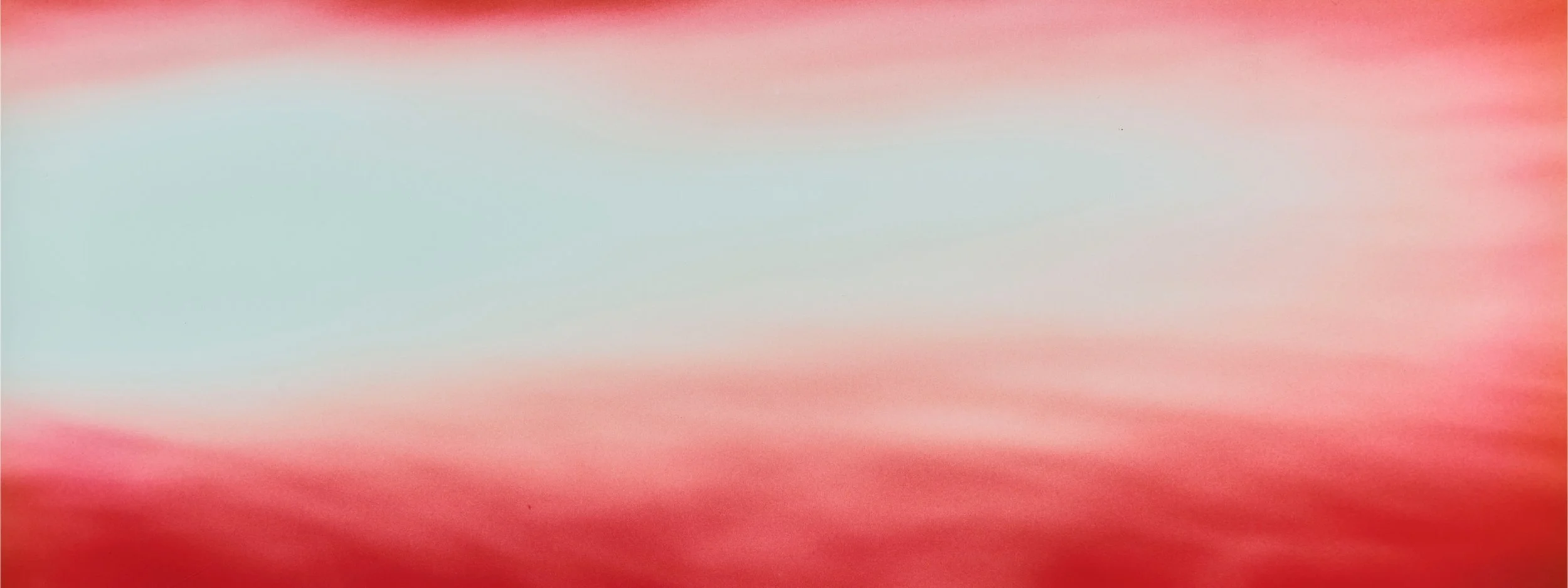Call for Papers
ICMA Sponsored Session at the International Medieval Congress
Leeds, United Kingdom
7-10 July 2025
Viewing the Invisible: Multisensory Approaches to the Divine in East and West
due Sunday 29 September 2024
Viewing the Invisible: Multisensory Approaches to the Divine in East and West
Organizer:
Ioanna Christoforaki, Academy of Athens
Abstract Submission:
Please submit paper title and abstract to ichristoforaki@yahoo.co.uk
Session Proposal
If, as John (4:12) declares, “No man hath seen God at any time”, how is the divine experienced by the faithful? How do you believe in what cannot be seen or not evident to the senses? Can the invisible God be made visible?
Although vision was considered the primary sense since antiquity and continued to be perceived as such throughout the Middle Ages, faith came with the visualization of things unseen. According to Hebrews 11:1, “Faith is the substance of things hoped for, the evidence of things not seen”. In other words, God is encountered by faith and experienced by the body and the senses.
The doctrine of the spiritual senses was first formulated by Origen in the third century and has since played a significant role in both Roman Catholic and Eastern Orthodox theology. It asserts that there are five spiritual senses bearing likeness to the exterior senses, by which God can be encountered.
In material terms, the liturgical tradition of the Christian Church combined the sacred and the sensory through elaborate rituals which engage all five senses – sight, sound, smell, taste, and touch. Painted images and liturgical objects of Christian faith were instrumental in bringing into contact the faithful with the divine: mosaics, frescoes, and icons depicted Christ, the Virgin and the saints in church decoration; holy relics were venerated across the East and West, while chants were an integral part of the liturgy.
However, hagiographical texts attest that these seemingly static images or inanimate artefacts generated reciprocal actions, which engaged the whole array of senses. In fact, images and objects were thought of as living entities, capable of performance and interaction with the devotees through bodily senses: frescoes, icons, and relics were believed to have miracle-working powers so they were not only seen but also touched and even tasted; candles and lamps, perfumed oil and incense also involved touching and smelling; painted inscriptions may have been recited or even chanted.
The multi-sensory impact of images and objects on medieval Christian faith has certainly been explored in recent scholarship though not exhaustively. The ambition of this session is to host the latest research on the topic and re-ignite the discussion of experiencing the divine in a holistic way. It invites papers comparing and contrasting the multi-sensory approaches to holiness both in the East and West. In addition to vision, it will seek illustrative examples of a multi-sensory nature which place frescoes, icons, relics and inscriptions in the center of a synesthetic religious experience both in Eastern and the Western Christianity. Participants are expected to address the sensual perception of religious objects and reveal the intersection of the bodily and spiritual, the physical and intellectual, and ultimately the human and divine aspect of medieval religiosity.
Delivery Mode:
In-Person (The ICMA offers travel subventions for the participants in this session; see below)
Keywords:
Vision; Senses; History of the Senses; Medieval Senses; Sensory Studies; Art and the Five Senses; Anthropology of the Senses; Medieval Visual Culture; Medieval Religious Practice; Medieval Spaces; Medieval Saints’ Cult; Medieval Material Culture; Medieval Devotional Culture; Medieval Spirituality; Culture and Cognition.
Note:
Speakers must be ICMA members at the time of the conference.
A NOTE ABOUT KRESS TRAVEL GRANTS
Thanks to a generous grant from the Kress Foundation, funds may be available to defray travel costs of speakers in ICMA sponsored sessions up to a maximum of $600 for domestic travel and of $1200 for overseas travel. If available, the Kress funds are allocated for travel and hotel only. Speakers in ICMA sponsored sessions will be refunded only after the conference, against travel receipts. In addition to speakers, session organizers delivering papers as an integral part of the session (i.e. with a specific title listed in the program) are now also eligible to receive travel funding.
Click here for more information.








